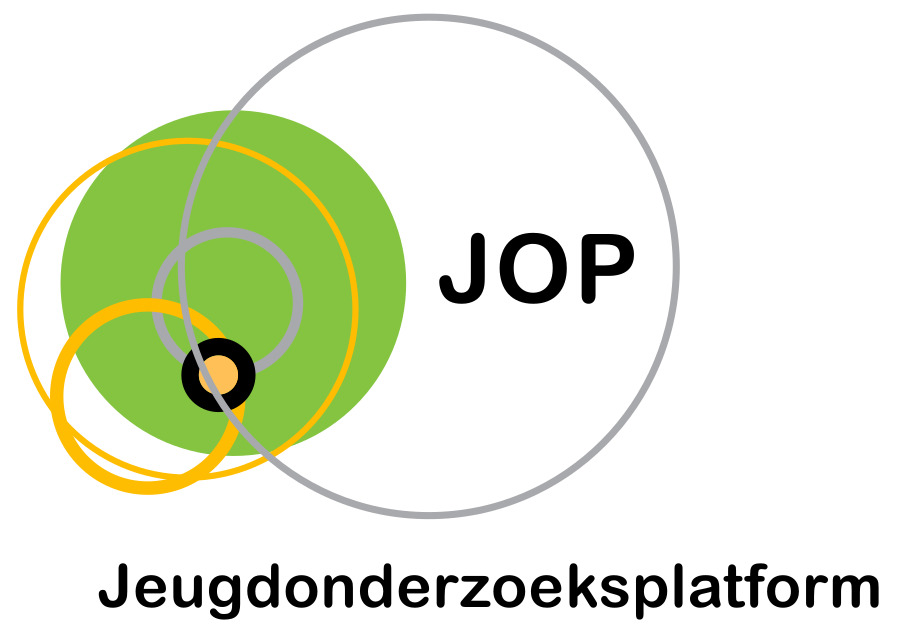Does the use of digital media affect psychological well-being? An empirical test among children aged 9 to 12.
Auteurs
Bruggeman, H., Van Hiel, A., Van Hal, G., Van Dongen, S. (2019).

Abstract
Steunt of ondermijnt het gebruik van sociale media psychologisch welzijn? Deze vraag heeft niet alleen veel aandacht in de populaire media opgewekt, maar is ook empirisch onderzocht in wetenschappelijke literatuur. Veel van deze studies, die zijn uitgevoerd op steekproeven van adolescenten en volwassenen, rapporteren zowel positieve als negatieve effecten van sociale mediagebruik op welzijn, leidend tot ten minste vier theoretische posities wat betreft deze relatie. In elke van deze theorieën wordt de relatie tussen sociale media gebruik en welzijn verklaard door het sociaal netwerk van mensen. In deze studie wordt de vraag onderzocht of het gebruik van sociale media gerelateerd is aan psychosociaal welzijn in een grote steekproef (N = 13,871) van kinderen van 9 tot 12 jaar. De resultaten tonen eerder zwakke lineaire relaties (r’s < 0.10) aan, maar tegelijkertijd is het aangetoond dat de meest frequente sociale mediagebruikers, wat betreft dagelijks gebruik, een relatief risico van 2.0 en meer hadden om lager te scoren op welzijn. In de specifieke groep van kinderen die een Facebook profiel hebben (N = 2,528, 18.2%), was hun offline sociaal netwerk een veel sterkere predictor van welzijn in vergelijking met hun online sociaal netwerk. Gebaseerd op deze crosssectionele resultaten, wordt geconcludeerd dat zwaar gebruik van digitale media bij jonge kinderen een nadelig effect heeft op hun psychosociaal welzijn, maar dat licht gebruik van dergelijke media zeer beperkte effecten heeft in dit opzicht.
Does digital media use support or undermine psychological well-being? This question has not only elicited a lot of attention in the popular media, but it also has been investigated empirically in scientific literature. Much of these studies have been conducted in samples of adolescents and adults, reporting both positive and negative effects of digital media use on well-being, leading to at least four theoretical positions about this relationship. In each of these theories the relationship between digital media use and well-being is explained by people’s social network. In the present study, we address the question whether digital media use is related to psychological well-being in a large sample (N = 13,871) of children aged 9–12 year. The results revealed rather weak linear relationships (r’s < 0.10), but at the same time it has been shown that highest frequency users of digital media in terms of daily use had a relative risk of 2.0 and beyond to score lower on well-being. In the specific group of children who have a Facebook profile (N = 2,528, 18.2%), their offline social network was a much stronger predictor of well-being compared to their online social network. Based on these cross-sectional results, it is concluded that heavy use of digital media by young children has an adverse impact on their psychological well-being, but that mild use of such media has very limited effects in this respect.
Referentie
Bruggeman, H., Van Hiel, A., Van Hal, G., Van Dongen, S. (2019). Does the use of digital media affect psychological well-being? An empirical test among children aged 9 to 12. Computers in Human Behavior, 101, 104-113.
Taal
Engels
Publicatievorm
Tijdschriftartikel
ISBN – DOI
10.1016/j.chb.2019.07.015
